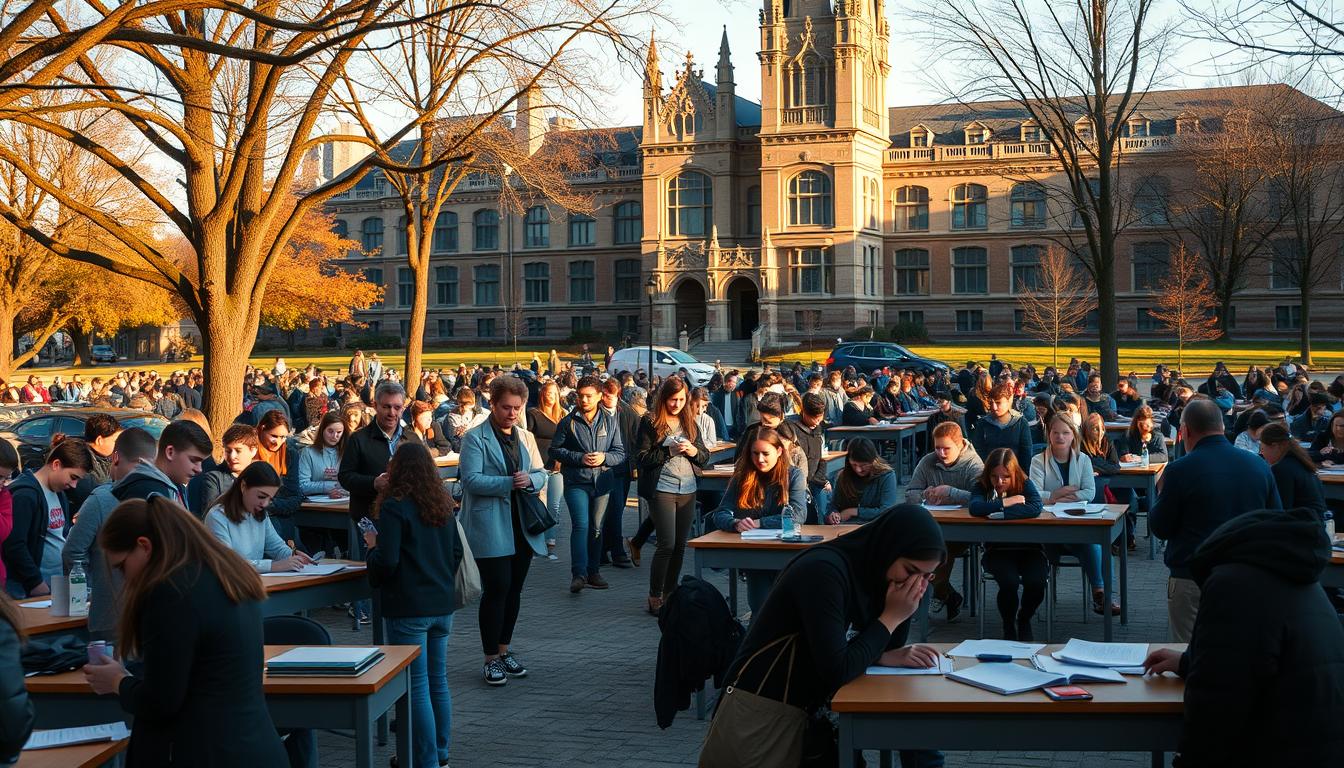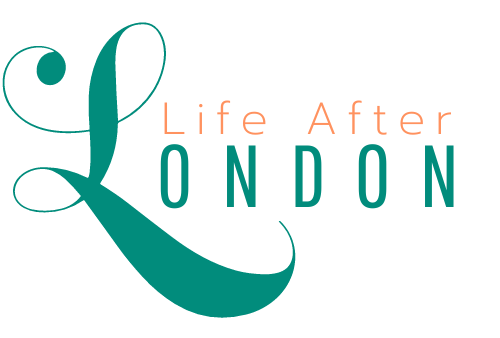Welcome to a helpful guide for families exploring their schooling options. This resource focuses on finding the perfect independent school in Somerset for your child.

Selecting a school is a big decision for parents. It involves looking at many factors to find the best fit. Families consider academic programs, campus facilities, and the overall learning environment.
This guide will walk you through the entire process. We cover everything from understanding admission steps to evaluating extracurricular activities. Our goal is to make you feel confident and informed.
You will gain insights into how to match a school’s offerings with your child’s unique needs. We understand this choice shapes their future. Let’s begin this important journey together.
Understanding Private Education UK in Somerset
Before diving into specific options, it’s helpful to get a bird’s-eye view of what sets these institutions apart. The terminology can be confusing at first.
People often use the terms ‘private schools’ and ‘independent schools’ to mean the same thing. Both types operate outside the state system and charge fees.
This financial model gives them significant freedom. They have autonomy over their curriculum, admissions, and overall policies.
Overview of the UK Private Education System
This sector plays a notable role nationally. Around 2,600 independent schools educate approximately 615,000 children across the country.
This represents about 7% of all British school-age children. The system is diverse, offering various educational approaches.
While not required to follow the National Curriculum, these institutions must uphold high standards. They undergo regular inspections to ensure quality.
Benefits and Flexibility for Families
Families choose this path for several compelling reasons. The advantages often align directly with a child’s individual needs.
- Smaller Class Sizes: This allows for more personalized attention for each pupil.
- Superior Facilities: Campuses often feature extensive resources for sports, arts, and technology.
- Strong Academic Focus: These schools typically achieve excellent results in public exams like GCSEs and A-levels.
- Extensive Activities: A wide range of extracurricular options helps pupils develop well-rounded skills.
This flexibility and focus on the whole child make these schools a powerful choice for many families in Somerset.
The Distinction Between Independent Schools and Public Schools
Navigating school terminology can feel like learning a new language, especially when ‘public’ means something entirely different across the pond. For American families, this linguistic difference often causes initial confusion.
Historical Context and Terminology
The term “public school” has ancient roots dating to 1868. That year, seven prestigious boys’ institutions gained independence from Crown control. These included famous names like Eton College, Harrow, and Rugby School.
These schools established a new governance model with independent boards. The “public” label indicated they welcomed pupils from anywhere, regardless of location or religion.
“The seven original public schools set a precedent for independent governance that continues today.”
Key Differences in Funding and Governance
Today, public schools represent a specific category within the broader independent system. They are typically older, boarding-focused institutions with rich traditions.
All public schools belong to the Headmasters’ and Headmistresses’ Conference. This distinguishes them from other independent schools. Understanding these distinctions helps families make informed choices.
While once exclusively for boys, many now accept girls and day students. They maintain elite status while adapting to modern needs over the years.
Boarding, Prep, and Grammar Options in Somerset
The Somerset region offers diverse educational pathways through boarding, preparatory, and grammar school models. Each type serves distinct purposes in a child’s academic journey.
Boarding and Day School Dynamics
Boarding schools provide residential options for different family needs. Full boarding means children stay at school throughout the term. Weekly and flexible arrangements offer more customization.
These institutions typically feature extensive extracurricular programs. Activities continue after regular classes end. Some boarding schools also welcome day pupils who participate fully in campus life.
Insights into Prep and Grammar Schools
Prep schools prepare children for entrance exams to secondary schools. They typically serve students from ages 7 to 11 or 13. The system varies by gender.
Girls’ prep schools usually finish at Year 6. Boys’ prep schools often continue to Year 8. This matches different entry points for senior schools.
Grammar schools represent another option. Private grammar institutions charge fees like other independent schools. They differ from state grammar schools which are free but highly selective.
Understanding these options helps families choose the right path. Whether considering day pupils or boarding arrangements, Somerset offers quality choices.
Navigating Private School Admissions and Testing
Gaining entry to selective institutions requires preparation and understanding of what schools seek in applicants. The admission process varies significantly between schools. Families should approach this journey with realistic expectations.

Understanding Admission Criteria
School admissions involve multiple evaluation points. Leading institutions use entrance exams at key stages like 7+ and 11+. These tests cover Mathematics, English, Science, and reasoning skills.
Previous school reports carry substantial weight. They show a child’s academic progress and behavior. Some schools also conduct group assessments to observe social skills.
Early planning is essential. Application deadlines for senior schools can be up to three years in advance. Parents should begin researching options well before their child will attend.
Entrance Exams and Interview Processes
Assessment opportunities help both parties evaluate fit. Open days and taster mornings allow schools to see how children interact with peers. Younger applicants experience gentler, play-based evaluations.
Interviews assess communication skills and curiosity. The process isn’t one-sided – schools also evaluate family alignment with their community. Finding the right match matters more than prestige alone.
All children are welcome, including those with special needs. However, support capabilities vary between institutions. Researching specific school offerings ensures the best fit for each child’s requirements.
Evaluating Extracurricular and Sports Facilities
A comprehensive school experience extends far beyond the classroom walls, with sports and activities forming an essential component. These programs help children develop well-rounded skills and find balance in their daily routines.
Enhancing Educational Experience through Activities
Independent institutions dedicate significant resources to maintaining outstanding facilities. They regularly update sports complexes, art studios, and performance spaces to incorporate the latest advancements.
Sports programs offer exceptional opportunities for physical development. Many schools participate in national competitions, providing children with valuable team experiences. Athletic activities also serve as healthy outlets after academic work.
Creative pursuits receive equal attention. Music rooms, theater stages, and art studios allow children to explore various talents. These activities complement classroom learning and foster personal growth.
| Facility Type | Typical Offerings | Additional Costs | Development Benefits |
|---|---|---|---|
| Sports Complexes | Football fields, swimming pools, tennis courts | Usually included | Teamwork, physical health |
| Arts Facilities | Studios, theaters, music rooms | Sometimes extra fees | Creativity, self-expression |
| Specialized Programs | Debate, robotics, language clubs | Varies by school | Critical thinking, specialization |
When comparing options, parents should personally tour facilities and observe activities in action. The range of available programs can significantly impact a child’s overall experience.
While most activities are included in tuition, some specialized programs may involve additional fees. It’s important to inquire about costs during the evaluation process.
Financial Considerations and Fee Structures
Financial planning represents a significant aspect of the school selection process. Families should approach this with realistic expectations about the investment required.
As of 2021, average annual fees stood at £15,191 for day schools and £36,000 for boarding institutions. These figures represent just the starting point for families considering this path.
Cost Analysis and Available Bursaries
Beyond tuition, additional expenses include uniforms, equipment, and extracurricular activities. Many families find these costs add substantially to the total commitment.
Financial assistance is available through scholarships and means-tested bursaries. These programs help families who cannot afford full fees but whose children would benefit from the experience.
| Fee Component | Day School Estimate | Boarding School Estimate | Additional Notes |
|---|---|---|---|
| Annual Tuition | £15,191 | £36,000 | 2021 averages |
| Additional Costs | £2,000-£4,000 | £3,000-£6,000 | Uniforms, activities, equipment |
| VAT Impact (2025+) | +20% | +20% | New government regulation |
| Bursary Coverage | 10-100% | 10-100% | Means-tested assistance |
From January 2025, schools must charge 20% VAT following policy changes. This will increase the cost of attending private school for many families.
State boarding schools offer a more affordable option with different admission criteria. Parents should have honest conversations with schools about financial aid possibilities.
Treating this as a long-term investment helps families evaluate whether the benefits justify the costs for their specific circumstances.
Parental Involvement and Communication in Schools
Active parental involvement forms a crucial partnership between home and school. This collaboration is a hallmark of many independent institutions.
Schools always benefit from engaged parents. Regular updates keep families informed about their child’s progress.
Strategies for Active Engagement
Parents can participate in various ways. Attending parent-teacher conferences is a great start. Volunteering for events also helps.
Joining parent associations builds community. These actions show children that their learning matters.
Clear communication channels are essential. Parents should ask about preferred contact methods early on.
Building Feedback and Partnership with Staff
Open dialogue helps address challenges quickly. This is different from waiting until the end of a term.
“A strong home-school partnership creates the best environment for student success.”
During admissions, schools often assess family fit. They look for parents who support the institution’s values.
This mutual understanding helps children thrive. It turns school into a true community effort.
Selecting the Right School for Your Child’s Needs
When selecting a school, parents should prioritize individual fit over institutional fame. The most prestigious option may not align with a specific child’s learning style or social needs.
Tailoring Choices to Unique Strengths and Interests
Every child possesses distinct qualities that influence their ideal learning environment. Parents should consider social preferences, academic strengths, and extracurricular interests.
Lesser-known institutions often provide excellent standards of care and instruction. They may offer better individual attention than famous alternatives.
Academic results show independent school pupils achieve strong outcomes. They are four times more likely to earn top GCSE grades compared to non-selective state counterparts.
Structural advantages include smaller class sizes with pupil-teacher ratios around 9:1. Longer teaching hours and more homework contribute to these outcomes.
Visiting multiple schools helps gauge genuine fit. Observing classes and speaking with current families provides valuable insights beyond statistics.
The board of governors and leadership philosophy shape a school’s culture. Strong governance often correlates with consistent results.
Ultimately, the best choice supports a child’s complete development. Finding the right environment helps them thrive academically and emotionally.
Conclusion
Making the final choice for your child’s schooling journey requires balancing many important factors. This guide has walked through the entire process, from understanding terminology to evaluating practical details.
Families must consider school types, admissions, facilities, and finances. Careful planning for fees and exploring available support is essential for many households.
The most critical element is finding the right environment for your specific child. Their personality, learning style, and interests should guide the decision more than a school’s reputation alone.
Visiting campuses and talking to current pupils provides invaluable insight. Trust your instincts about where your son or daughter will truly thrive.
Somerset offers a wonderful range of excellent independent schools. With thorough research, you can confidently find the perfect place for your child to excel.
FAQ
What is the difference between a public school and an independent school?
In the UK, the term “public school” refers to a specific group of historic, prestigious institutions like Eton College that are, in fact, independent. All public schools are independent, but not all independent schools are public schools. The main distinction from state schools lies in funding; these institutions charge fees and are governed by their own board of governors.
Are grammar schools considered part of the private system?
Not typically. Grammar schools are state-funded secondary schools that select pupils based on academic ability, usually through an entrance exam. They do not charge fees. Prep schools and senior schools in the independent sector are privately funded and operate separately from the grammar school system.
What should parents look for during a school visit?
When visiting, families should observe the atmosphere and interactions between pupils and staff. They should ask about the curriculum, the range of extracurricular activities, and the school’s approach to supporting each child’s unique strengths. It’s also wise to discuss the admissions process and any entrance exams with the staff.
How do boarding schools accommodate day pupils?
Many boarding schools in Somerset welcome day pupils, offering them the same high-quality teaching and access to excellent facilities. These children participate fully in school life during the day but return home each evening. This option provides flexibility for local families seeking an outstanding education.
What financial support is available for families?
A> Many institutions offer bursaries and scholarships to help with fees. A bursary is typically means-tested financial aid, while a scholarship is often awarded for talent in areas like academics, sports, or music. Parents should inquire directly with schools about the application processes and deadlines.
How important are extracurricular activities in the selection process?
They are very important. A strong program of sports, arts, and clubs significantly enhances a child’s experience. These activities help develop confidence, teamwork, and new interests. When choosing a school, finding one that offers a range that matches a child’s passions is a key factor.
